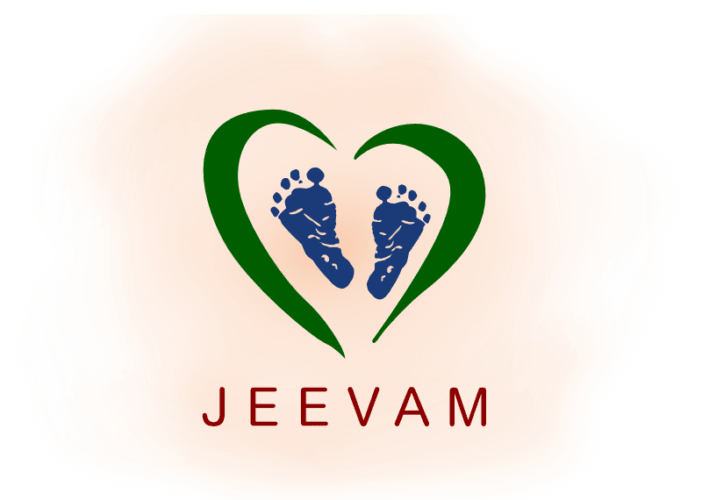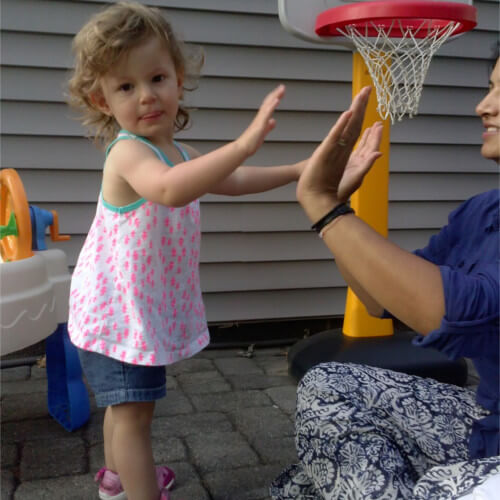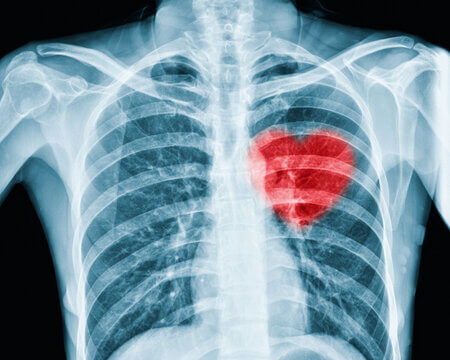Autism spectrum conditions show a wide range of symptoms and severity in their presentation, but common aspects are developmentally poor motor skills, difficulties coping with change, and labored social interaction. Direct and consistent behavioral therapy, both physical and social, is extremely important in helping children overcome the challenges presented by their autism spectrum condition. Earlier therapies are shown to be far more effective as well as the consistency of those therapies. Summer vacation, with its break from the school routine, can lead to setbacks if not handled properly and the transition can represent a host of serious challenges for children on the autism spectrum.
At the end of several-month summer vacation, children on the autism spectrum are faced with a change to their routine, increased demands for social interaction, and different physical requirements such as sitting during class or participating in sports. Pediatric physical therapy is a very powerful tool in helping children to overcome these challenges and cope with the return to school. Let’s examine three aspects of autism that can be treated through pediatric physical therapy.
The Role of Routine
Summertime often represents an unhealthy break from routine for children on the autism spectrum. Physical therapy can help them to regain a stabilizing routine before they step back into the classroom and help them to continue to succeed once classes have begun. It is important to schedule their visits at regular intervals and let them grow comfortable and familiar with their pediatric physical therapist. It is also important for parents to become involved and help them to continue the therapies on a schedule at home as well. Waking routines, eating routines and summer-study routines are all helpful alongside the direct therapy to be pursued since the autistic brain thrives on a consistent routine.
The Role of Social Interaction
Parents should search for opportunities to provide safe, controlled social interaction for their children on the autism spectrum so that the return to school doesn’t come as a shock. Teachers often note a significant regression of their students on the autism spectrum in their social skills and ability to interact in the first weeks of school because the behaviors that come easily to other students are difficult to learn and retain in the case of autism. In the absence of classes, pediatric physical therapy can help provide social interaction but depending on the child and the form of autism, more social interaction should be sought to scaffold their cognitive development.
The Role of Physical Therapy
Many parents think of autism spectrum conditions as simply a disorder of the brain and sensorial system, but this is not true. Far more than many other conditions, the brain-body connection is central to autism. Poor motor skills are a strong indicator of autism spectrum disorder and physical therapy tailored for autism brain patterns is incredibly important to develop lagging motor skills and even improve cognitive function. These therapies should be started as early as possible, but it is never too late. Some are simple exercises of coordination, tossing balls and taking the body through certain motions while others are more complex therapies that link kinesthetic learning with autism’s specific challenges. Physical therapy before heading back to school can both improve cognitive function and help students focus on the differing physical demands of the school environment. Physical therapy can also address the increased sensorial stimulation that will accompany a return to the classroom. To learn more about how we can help your child return to school, contact Jeevam Therapy today!
Tags: health, Pediatric therapy, physical therapy, special needs, autism




